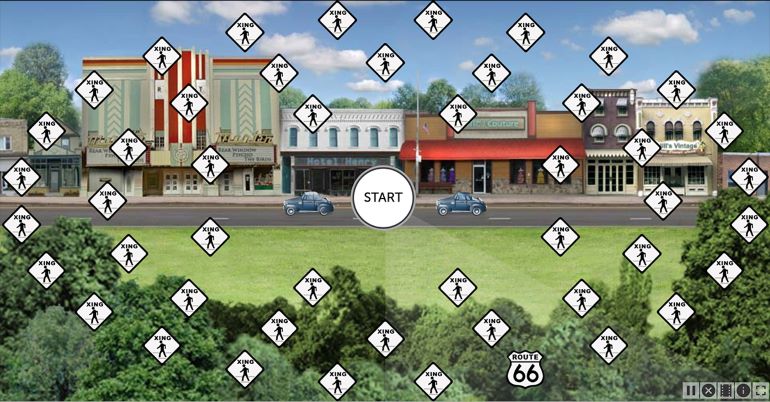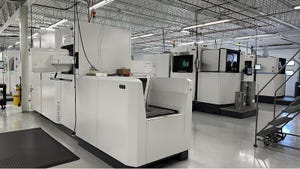NASA pilot study finds that sessions with brain training app may improve astronauts’ cognitive ability in potentially difficult situations.

Space travel has always been a challenged the physical and mental capacities for astronauts, with potential adverse effects from the g-forces associated with liftoff and landing, to the radiation, microgravity, and isolation. Potential effects include increased intracranial pressure, vision impairments, altered fluid levels in veins and arteries, white matter changes, vestibular dysfunction, and premature aging.
Researchers affiliated with the National Aeronautics and Space Administration (NASA) have conducted a pilot study show brain training could help the astronauts improve their cognitive ability, which can be crucial in long-term space missions under consideration in coming years. The exercises used in the pilot are from the BrainHQ brain trainig app, marketed by Posit Science.
“Our understanding of the brain has changed significantly over the years,” says Mouna Attarha, Senior Research Scientist, at Posit Science. “The brain is not hardwired. It can adapt to learning and recognize new patterns.”
Attarha added that cognitive training with animals has yielded positive results. “We’ve spent decades improving the brains of rats and animals.”
The BrainHQ brain training app is called Double Decision, a speed training technology originally developed by Dr. Karlene Ball and Dr. Daniel Roenker, who made it available through Visual Awareness, Inc. In 2008, Posit Science acquired Visual Awareness and worked with Dr. Ball and Dr. Roenker to create Double Decision—an updated version of the technology.
The speed training technology in Double Decision encourages the brain to increase its processing speed, extracting visual information more quickly. It also forces the participant to work at the edges of his/her useful field of view, so that it gradually expands outwards. It does so by focusing the user’s attention on a task in the middle of the screen. The video shows how the technology works.
Attarha noted that the app has been used for military and athletic training to increase performance. She added that some studies with the app involve improving the cognitive abilities people over age 60, suggesting that the app could potentially help in research looking at ways to slow the spread of dementia and other diseases where the brain is subject to deterioration.
“Even if you are older, and have diagnosed condition, your brain still retains the ability to adapt,” Attarha said.
Like Astronauts in Intellect
NASA used the technology in its Increasing Cognitive Ability/Reserve Using Software (ICARUS) pilot study, recruiting employees from the Johnson Space Center with age, education, and temperament characteristics resembling the astronaut population. The participants were asked to train on BrainHQ. Cognitive performance was measured using BrainHQ assessments, as well as the Cognition Test Battery, an independent suite of software tests developed specifically for NASA and used currently in research on astronauts.
The pilot study asked five participants to train on BrainHQ for a total of 18 sessions over a 90-day period, for a total of about 15 hours of training. All participants improved both on internal measures within the BrainHQ exercises (with an average 71% increase in primary performance metrics) and on the independent NASA Cognition Test Battery (CTB), showing an average of 19% gains on the CTB.
The pilot study demonstrated feasibility and provided data to appropriately size and power a further study, for which funding is being sought, to establish the significance of these preliminary findings.
Attarha said that after the follow-up study is completed, NASA will likely consider using the brain training app on the astronauts themselves.
PositScience is now offering BrainHQ brain training app, without charge, through leading national and 5-star Medicare Advantage plans and through leading medical centers, clinics, and communities. Consumers can try a BrainHQ exercise for free daily at http://www.brainhq.com.
Spencer Chin is a Senior Editor for Design News covering the electronics beat. He has many years of experience covering developments in components, semiconductors, subsystems, power, and other facets of electronics from both a business/supply-chain and technology perspective. He can be reached at [email protected].
About the Author(s)
You May Also Like





